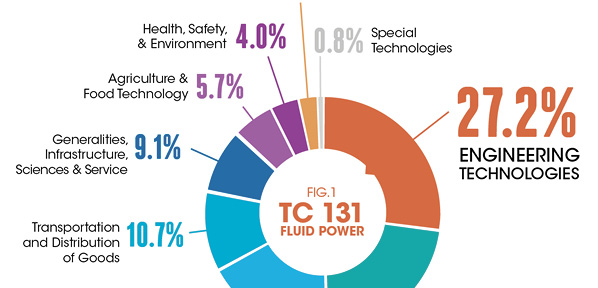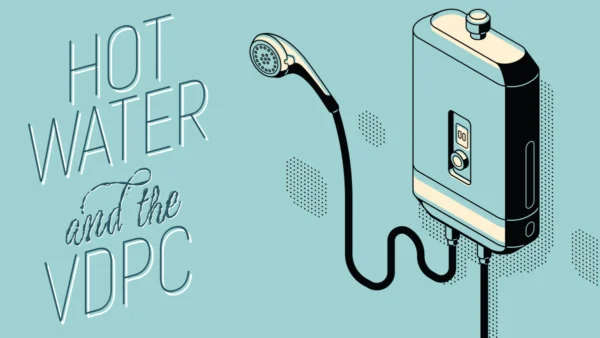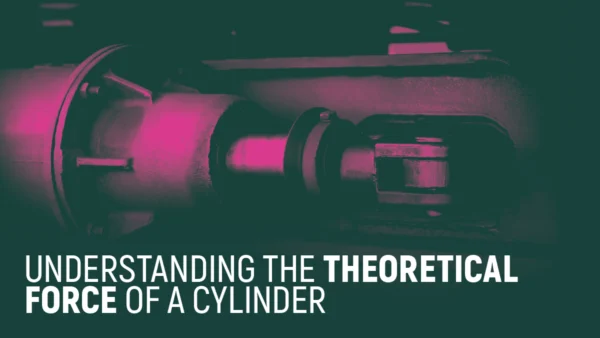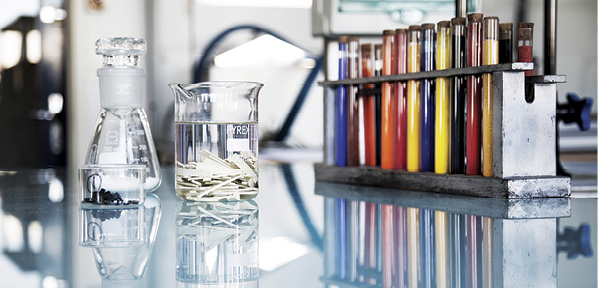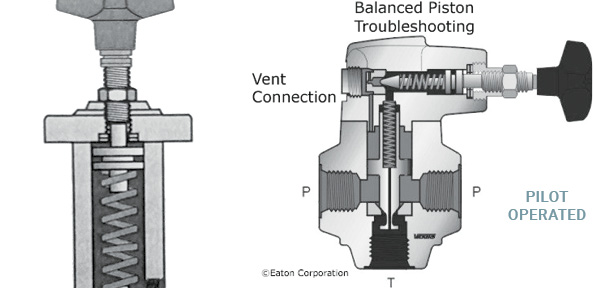A Formula for Success
How One Fluid Power Company is Growing by Building a Well-trained, Diverse Workforce
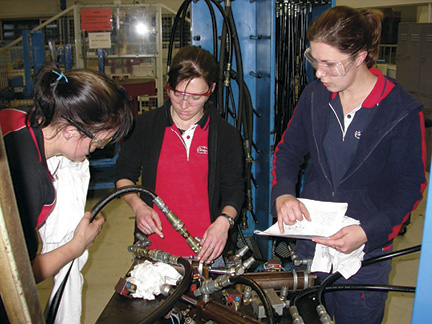
In a world of economic instability combined with the challenge of retaining competent workers in the fluid power industry, Couplers Malaga, a successful hose and fittings business based in the industrial suburb of Malaga in Perth, which is the capital of Western Australia, has developed a proven formula for success by hiring and training women who want to learn, acquire new skills, and who are comfortable working in an industry dominated by men.
Organizations that “run lean” by reducing expenditure on training may improve profits, but this approach inevitably bites back when skilled workers move on to other companies. A significant percentage of companies ignore their training responsibilities and simply rely on poaching employees from other companies that are prepared to invest time and money in training their employees.
This culture has been endemic in Australia for some time, and its origin can be pinpointed to around 1995 when the Australian government’s compulsory training levy requirement was dropped. The levy was part of federal workplace legislation that required every employer to invest a relatively small percentage of income revenue into employee training or pay the equivalent to the government as a levy. When the compulsory training requirement was dropped, the philosophy of some companies became that of, “Why spend money on training when others will carry the cost?”
Despite this poor attitude, which is exhibited by the management of some companies, there are others that are more community-minded. I’ve found a company that, instead of using a conventional recruitment plan to find the best employee for a position, has chosen to specifically recruit women into the hose and fittings area of the fluid power industry – even though women working in the hands-on side of the Australian engineering industry are a rarity. In fact, 95% of the workforce at Couplers Malaga is made up of women, with most of the ladies having been with the business since the late 1990s.
What’s the secret to their success? I believe it starts with the company training that gives them the ability to make good decisions and the right choice of equipment – and the Couplers Malaga ladies are young, vibrant, and keen to learn. Also, Couplers Malaga management knows that a good team is essential to success, and employees are encouraged to see themselves as valued members of the business, especially as they are the “face” of the business and ultimately have a marked effect on its success or failure.
The engagement of women in the hands-on area of the business has been a sound management decision, as has been the enhancement of their capabilities with good training. It has significantly improved the potential of the business to be more profitable.
My introduction to the company came about when Couplers Malaga management sought the assistance of professional training providers. During discussions with the management and a training provider, it was agreed that the training should result in the hose and fittings assembler staff attaining a nationally recognized qualification at the Australian National Training System (NTS) Certificate III level in engineering production.
An important consideration in the selection of the proposed training was that a trade qualification should not be a prerequisite and that the staff should acquire solid skills in being able to satisfy customer requirements that often called for considerable ingenuity in producing a sound solution to a hose and fittings problem.
The purpose of the training was not to produce hydraulic technicians, but to provide Couplers Malaga’s employees with fundamental knowledge on high-pressure safety, component operating principles, and circuit symbol interpretation.
One of the major difficulties faced by the company was the scarcity of fluid power trainers who could be engaged to train the staff. Knowledgeable Australian readers will know that this is an Australia-wide problem in the fluid power industry and the main reason why so little fluid power training is being carried out in Australia, even though the fluid power industry is a large and long-established part of engineering in Australia.
Once the Couplers Malaga training program had been set up and aligned to the NTS qualifications, employees attended training sessions one evening each week for 18 months. The training was workplace-based and covered both theory and practice – with the practice proving to be quite incompatible with the long fingernails favored by some young ladies!
I have nothing but praise for the ladies in the enthusiastic way they attacked the practical training – not being at all reticent in getting their hands dirty while pulling apart hydraulic pumps and other equipment. They took to the fluid power training like “ducks to water,” and they excelled in circuit interpretation and practical circuit building. Their prior work experience in the high-pressure hose and fittings area provided a good background to the fluid power training course.
Twelve months after completing their training, these ladies were found to be confident in showing clients the correct fittings to use for different applications and in developing fitting combinations that work around problems. The respect that they have earned is demonstrated by the fact that many male customers previously would ignore the ladies and wait for the only man behind the counter to serve them. Now the only man struggles for customers’ attention!
Couplers Malaga is to be complimented on sound management thinking that has been backed up by professional training to provide a unique employment opportunity for women in a male-dominated industry.

